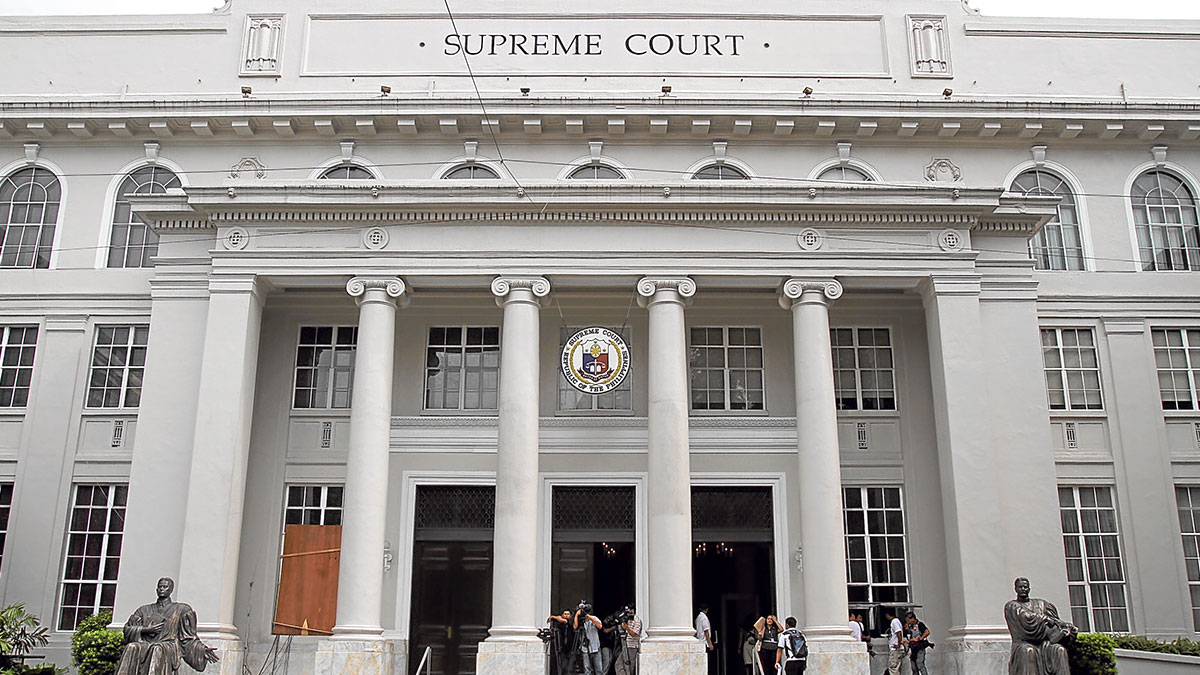
NQUIRER FILE PHOTO
MANILA, Philippines — Search warrants must clearly specify the area to be searched. Otherwise, it will be considered invalid, according to a recent Supreme Court ruling.
In a decision penned by Senior Associate Justice Marvic M.V.F. Leonen, the SC Second Division acquitted Lucky Enriquez of illegal possession of dangerous drugs and drug paraphernalia charges. The acquittal, cited in a statement on Friday, was due to a flawed search warrant and its improper execution.
READ: SC voids search warrant for ‘Tondo 3’
This decision stemmed from a 2017 operation conducted by the Philippine Drug Enforcement Agency (PDEA), during which agents implemented a search warrant against Enriquez to look for and seize dangerous drugs and drug paraphernalia.
The address in the search warrant only stated: “Informal Settler’s Compound, NIA Road, Barangay Pinyahan, Quezon City.”
According to the SC ruling, PDEA agents, guided by an informant, entered a house where Enriquez was staying without knocking or announcing their presence.
The agents also rushed through the open door, arrested Enriquez, and seized sachets containing shabu.
Enriquez was then convicted by the Regional Trial Court, and the Court of Appeals upheld the decision.
However, the high court reversed the ruling due to the invalidity of the search warrant.
It emphasized that the Constitution requires a search warrant to specifically describe the place to be searched to prevent authorities from arbitrarily deciding where to search and whom or what to confiscate.
READ: CA upholds ruling nullifying search warrant vs red-tagged journo, unionist
The SC ruled that the description in the search warrant on Enriquez’s case was “too broad and essentially a general warrant,” which is prohibited by the Constitution.
Furthermore, the SC ruled that the search warrant was not carried out properly, as the PDEA agents did not identify themselves before entering the house where Enriquez was.
According to Rule 126, Sections 7 and 8 of the Rules of Court, government agents can only force their way in if they are denied entry.
The law also states that searches must be made with the lawful occupants of the house as witnesses or two residents in the same area. Enriquez was the lawful occupant of the house, but he was not able to witness the search.

